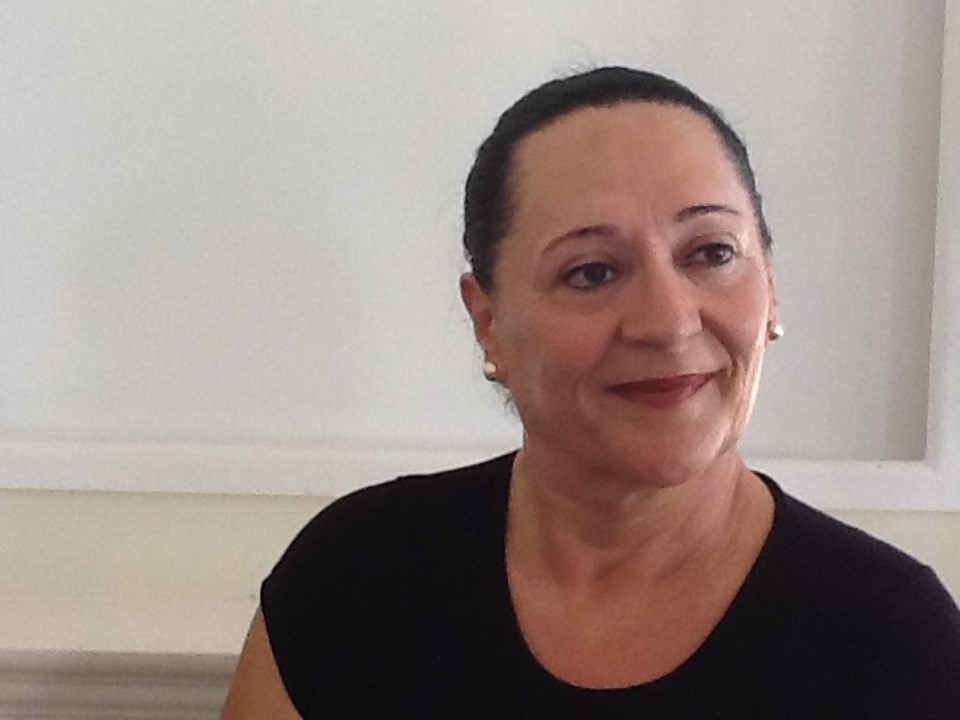As a general principle, when teachers return to the classroom in September, they should launch year-long, research-based projects that empower students to develop lifelong competencies from the ground up. Beginning at the very start of the academic year gives learners ample time to cultivate critical thinking, autonomous learning, and effective communication—skills that will benefit them well beyond language mastery. This structured yet flexible approach transforms the academic calendar into a continuous journey of inquiry, reflection, and growth, fostering resilience and self-confidence as students collaboratively tackle authentic, complex challenges.
A Year of Growth: Preparing for Real University and Job Interviews in the TEFL Classroom
With this philosophy in mind, I am proud to share my recent project, “Unlocking Opportunities: Mastering University and Job Interviews in the TEFL Classroom,” conducted at my language school from October 2024 to April 2025. The initiative involved nine English teachers and fourteen upper-intermediate and Proficiency-level classes, focusing on preparing students for interviews at prestigious universities and career opportunities. The primary goal was to instill the value of independent research by assigning students dual roles as researchers and interview candidates at the beginning of the academic year.
Becoming the Candidate: Research, Roles, and Realism
Students chose their own roles with the aim of preparing for academic interviews at prestigious institutions in the United States and the United Kingdom, such as Yale and Oxford, applying for Law and Psychology programmes. They prepared for interviews in either Law or Psychology programmes, depending on the university requirements, with applications to institutions such as Oxford (undergraduate Law and Psychology) and Yale (undergraduate Psychology and postgraduate Law studies).
In their preparation for job interviews, students assumed the personas of lawyer and psychologist candidates, researching company expectations and crafting tailored responses to increase their chances of success.
On Stage: Showcasing Skills through Mock Interviews
The project culminated in a series of outstanding mock interviews held in the school’s theatre. Each student demonstrated exceptional preparation and professionalism: mastering specific questions for each scenario, tailoring answers according to university or employer expectations, and displaying remarkable confidence and poise under pressure.
Dedication and Research: Students Rising to the Challenge
I was deeply impressed by the students’ dedication and thorough preparation. Their meticulous research into application requirements, interviewer expectations, and communication techniques was truly inspiring. Moreover, a number of students applied their skills in real-world settings by attending actual job interviews — for lawyer and psychologist roles. Additionally, others participated in genuine university interviews at Yale and Oxford, delivering outstanding performances and underscoring the project’s transformative impact.
Blueprint for Success: Tips for Launching Your Own Project
For colleagues interested in launching similar year-long projects in advanced English classes, I suggest setting clear milestones — such as initial research proposals, mid-year progress reviews, and final mock interview showcases — to keep students accountable. Encourage each learner to maintain a digital portfolio with research notes, question banks, and reflective entries, reinforcing metacognitive skills and tracking their growth. Organize regular small-group peer-review sessions to foster collaboration, constructive feedback, and empathy. Structured reflection breaks and goal-setting checkpoints can further deepen students’ self-awareness and resilience. Sustained, research-driven initiatives like this one nurture critical thinking, autonomy, and communication skills that extend far beyond language learning.
The Power of Teamwork: Teachers as Mentors and Guides
The success of this project would not have been possible without the exceptional guidance and scaffolding provided by our dedicated team of teachers. Their tailored support, constructive feedback, and consistent encouragement empowered students to excel. As the mentor, my role was to inspire and guide both teachers and students, ensuring they had the resources and confidence needed to carry out this life-competence project effectively.
Building Futures: Educators as Catalysts for Change
This experience serves as a powerful reminder that helping today’s teenagers achieve their future aspirations requires a collective effort from inspired, committed educators. By fostering curiosity, critical thinking, and resilience, we help lay the groundwork for students to navigate academic and professional challenges with confidence.
Empowerment Through Research: A New Vision for TEFL Classrooms
I encourage colleagues teaching Advanced English classes to adopt year-long, research-based projects culminating in student presentations — an approach that not only strengthens language proficiency but also equips learners with lifelong skills.

